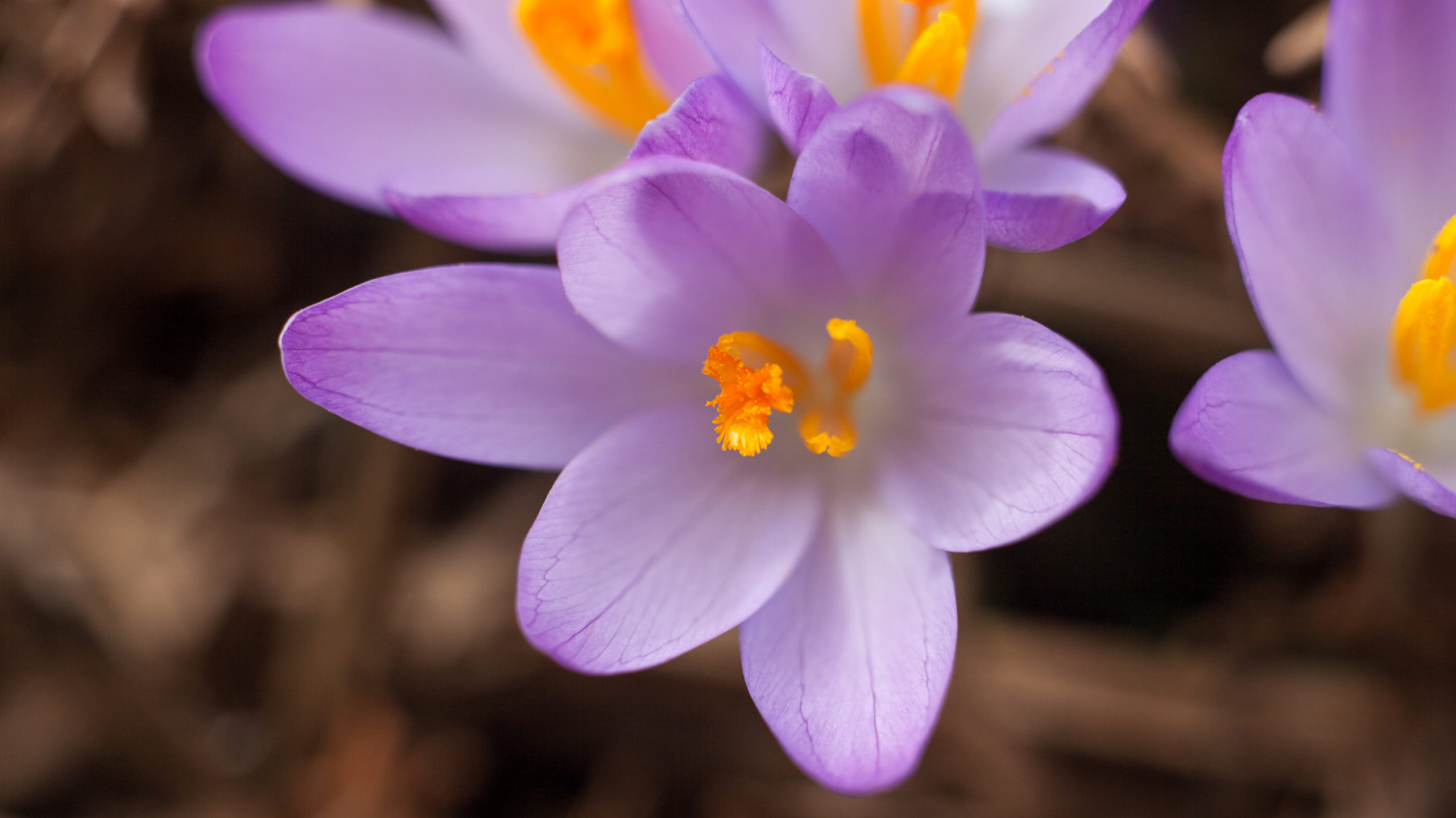
Verse 1
In his auspicious invocation to Rādhā rāsā sudhānidhi, Prabodhānanda Sarasvatī does not waste a moment before glorifying Caitanya Mahāprabhu as an embodiment of nearly unimaginable emotion. His body is described as studded with goose pimples of ecstasy as he dances and sings, tears running down his face.
Mahāprabhu’s emotion is nearly unimaginable, and yet we imagine it. Our minds recognise his emotion as our own, still hidden and unrealised in our hearts. Mahāprabhu’s appearance on earth lets us understand that to realise this emotion, to make it a reality, is the greatest experience we can want.
If we are moved by Mahāprabhu’s appearance it is because our hearts are already ripe—have always already been ripe—for realising this same divine emotion living in us. The fact that we are moved by Mahāprabhu’s appearance, the fact that we feel called by it, attracted by it, that it awakens a tingle of longing in us, is the only proof we need. It is proof both of the budding divine love in our hearts and the first sign of the greed we will need in order to realise this love.
We learn in Caitanya Caritāṛmta (Ādi-līlā 4.230) that Mahāprabhu appears as Gaura, Radhamohan, for three reasons: to experience for himself the attraction of Rādhā for him, to understand the nature of the pleasure that Rādhā experiences, and to relish the position of Rādhā.
This relish is the true miracle of Mahāprabhu’s life on earth. What does it mean to relish?
Like no other being on earth, Mahāprabhu is both entirely material and entirely spiritual. As an incarnated body he is made of matter, and yet every molecule of him is spirit.
Mahāprabhu is the one being on earth for whom sensory experience is both material and spiritual. As an incarnated body, his material senses are fully functional, and as a spiritual body his sensory experiences are entirely spiritual. He is the model of relishing.
To relish is to experience spiritual pleasure in mundane experience.
To relish is not simply to enjoy something here and now. It is not simply to take pleasure of sensory experience in the present.
To relish is to discover that the pleasure of a sensory experience reaches more deeply into us. It is to feel the pleasure reach from the surface of our body material body into a place beyond it, a place inside.
To relish a pleasure is to experience its depth. To follow the pleasure as it gently leads to a place deeper in our hearts.
To relish a pleasure is to experience its time, its duration, the way it persists beyond itself, for a moment, for a day, for eternity.
To relish is to experience a passage from the mundane to the divine.
To relish is to realise that the pleasure-giving potency (hladini-śakti) embodied by Rādhārānī, flows through us, spiritualising our mundane pleasure, carrying us to God.
The mercy of relish is therefore Mahāprabhu’s most important message :
The Lord not only taught the world about prema, He also gave a splendid example of how to relish its flavours. (Madhya-līlā 2.81)
The pleasures of the world are the flavours or prema, divine love. Sensual pleasures are not prema itself, they are its fragrance. And the meaning of Mahāprabhu’s appearance is to make us understand, through his own example, that the pleasures of earthly existence, when relished with earnestness and sincerity, will reveal themselves as modest, simple, but pure experiences of prema, divine love.
Even the stones melt, comments Ananta Dāsā Bābājī, when they remember how sweetly Lord Gaura dances.
In other words, even the most lifeless of material things becomes liquid spirit on remembering Mahāprabhu’s pastimes.
Relish is the name of the portal, the passage, from the material to the spiritual. To relish is to realise the spiritual in the mundane, to see the divine in the ordinary, and to live the real effect of putting the material body at the service of the God.